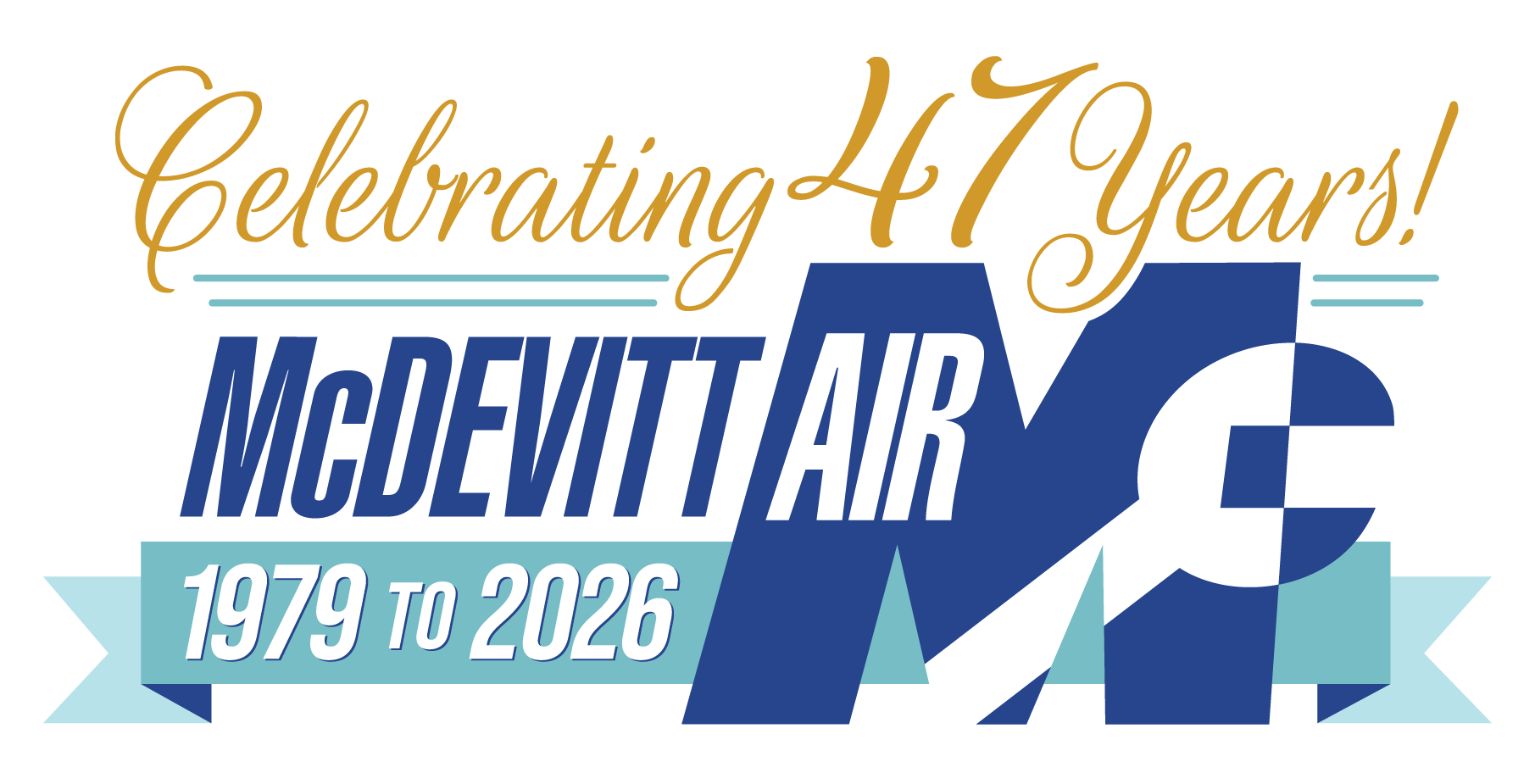As winter approaches, you and your family members will spend more time inside your Bluffton, South Carolina, home, cuddled under blankets and in front of roaring fires. If your home suffers from poor indoor air quality (IAQ), the time you spend inside your house could be detrimental to your health. To avoid the growing health concerns associated with IAQ, schedule an indoor air quality consultation this November.
Have You Noticed Any of the Symptoms Associated With Poor IAQ?
Most people consult HVAC experts about indoor air quality when they experience symptoms associated with IAQ. You might sneeze more often while you’re at home or cough even though you don’t have a cold. Sinus headaches are common among residents of homes with poor IAQ, as are dry eyes, skin irritation, dizziness, and nausea.
If you suffer from asthma or allergies, you might notice an increase in symptoms while you’re at home. Some people become hypersensitive to allergens when they eat, sleep, and play around them all the time. For example, allergens can get caught on your bedding, which means you are exposed to them all night long.
You might also notice that your symptoms dissipate when you go on vacation or spend all day at work. Then, when you return to your house, the symptoms recur. This is a sure sign of poor indoor air quality.
An HVAC professional can evaluate your home’s IAQ and provide you with options to improve it. Installing better air filters on your furnace, for example, can lead to more captured allergens and fewer symptoms. Your HVAC tech might also suggest other remedies for specific problems, such as mold remediation.
Have You Performed Any Home Renovations Lately?
Excess dust can lead to poor IAQ. If you have recently embarked upon a home renovation, which is common when temperatures drop during the fall season, you might need an indoor air quality consultation. A professional can help you eliminate the dust from the air and address related concerns.
For instance, dust mite activity often increases after a renovation. The mites infest your carpets, linens, curtains, and upholstered furniture, which can aggravate allergies and asthma. If you know that your indoor air quality has taken a turn for the worse, you can eliminate contaminants like dust mites.
Do You Light Fires to Stave Off the Cold?
A warm fire creates a cozy, inviting atmosphere inside your home. It keeps you warm and introduces romantic lighting. However, it can also lead to poor indoor air quality. When wood burns, it releases harmful chemicals like formaldehyde and gives off tiny particles that can irritate your lungs. If you plan to spend the winter in front of a roaring fire, you probably need an indoor air quality consultation.
You can take steps to improve indoor air quality even when you light a fire. Burning harder woods, such as oak and maple, will create a hotter fire, which means fewer particles make it into the air. Use highly seasoned wood (pieces that have dried for one or more years) for the same reason. You should also have your chimney cleaned every fall and spring. Ask your HVAC technician about other ways to improve IAQ during your consultation.
What Types of Products Do You Use?
Any product that gives off an odor or releases a chemical can contribute to poor indoor air quality. Cleaning products, perfumes, deodorizers, tobacco smoke, and pesticides are just a few common examples. Some of the materials found in homes can also give off harmful chemicals, such as carpet and upholstery.
Scheduling an IAQ consultation offers a perfect first step to eliminating this problem. You can also switch to natural products whenever possible. For example, green and DIY cleaning products don’t contain harsh chemicals that contaminate the air you breathe. Also, make sure you change your furnace’s air filter regularly to help trap contaminants before they can impact your air.
If you suspect that your IAQ isn’t as good as it should be, talking with a professional can help you find a remedy. To schedule an appointment for an indoor air quality consultation, give McDevitt Air a call at 877-692-9402.
Image provided by Shutterstock


